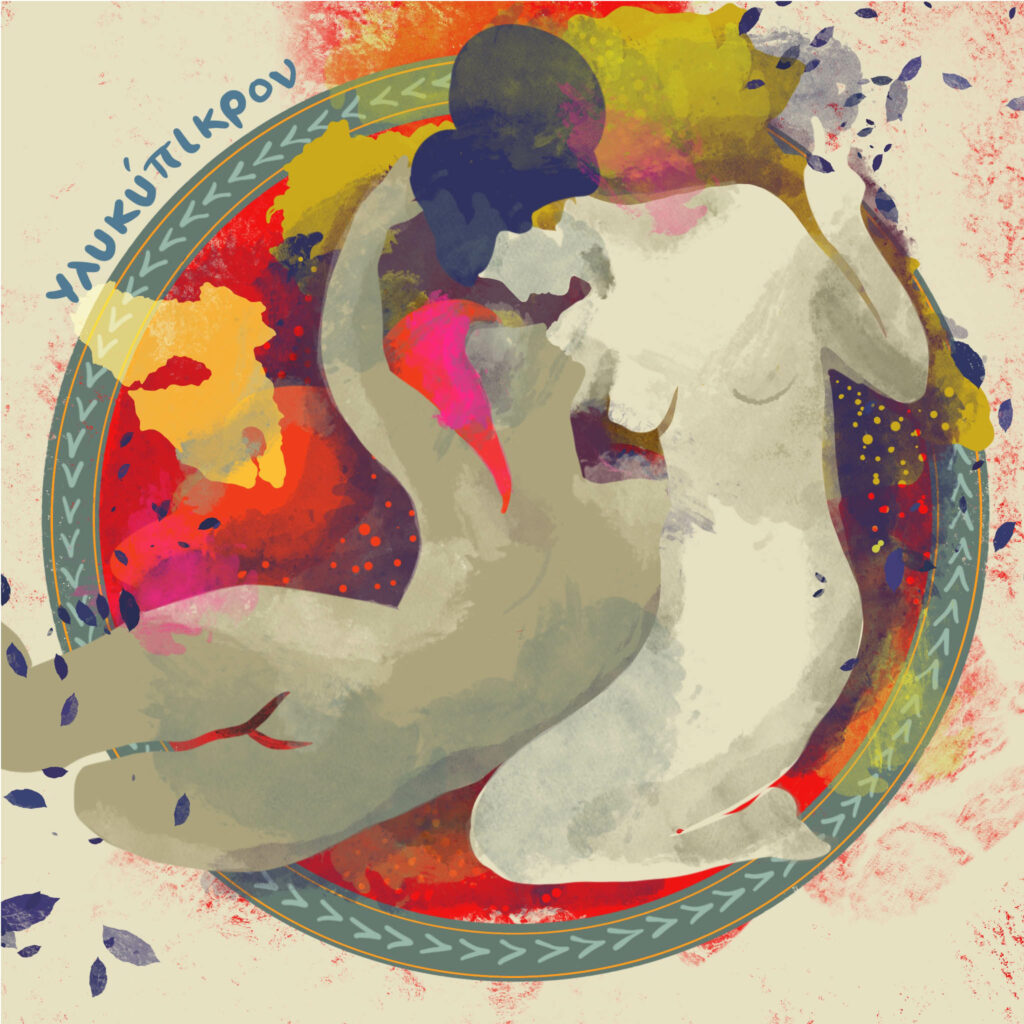I say someone in another time will remember us.
Sappho Fragment 147, translated by Rayor Tweet

Sappho is the first known woman in the European literary tradition, one of only a few poets we know from antiquity and the o-g lesbian (or rather, where the word “lesbian” originates from). While much of Sappho’s work was destroyed, with only one full poem, Ode to Aphrodite, remaining, she is considered one of the best poets of all time, known as both the “Tenth Muse” and “the Poetess.” Despite her first-person, female-loving poetry, some scholars have fought against the popular image of Sappho as both a woman and lover of women, and still do today.
In the first season of Sweetbitter podcast, we delved into the truth and controversy of Sappho’s life, the Isle of Lesbos and homosexuality in ancient Greece. Was Kerkylas of Andros (translation: “Penis of Mansville”) Sappho’s husband, or a wink to her known love of women? Did she really have a daughter named Kleos or was she her young lover?
Collaborating with experts in the fields of poetry, queer studies, theatre and Ancient Greece, we will untangle the life of Sappho including the importance of her work and sexuality in modern times.
We could not have told this story alone!
Here are the incredible guests who helped us tell Sappho’s important story.
Aside from the information provided to us by our guests, we used the following resources.